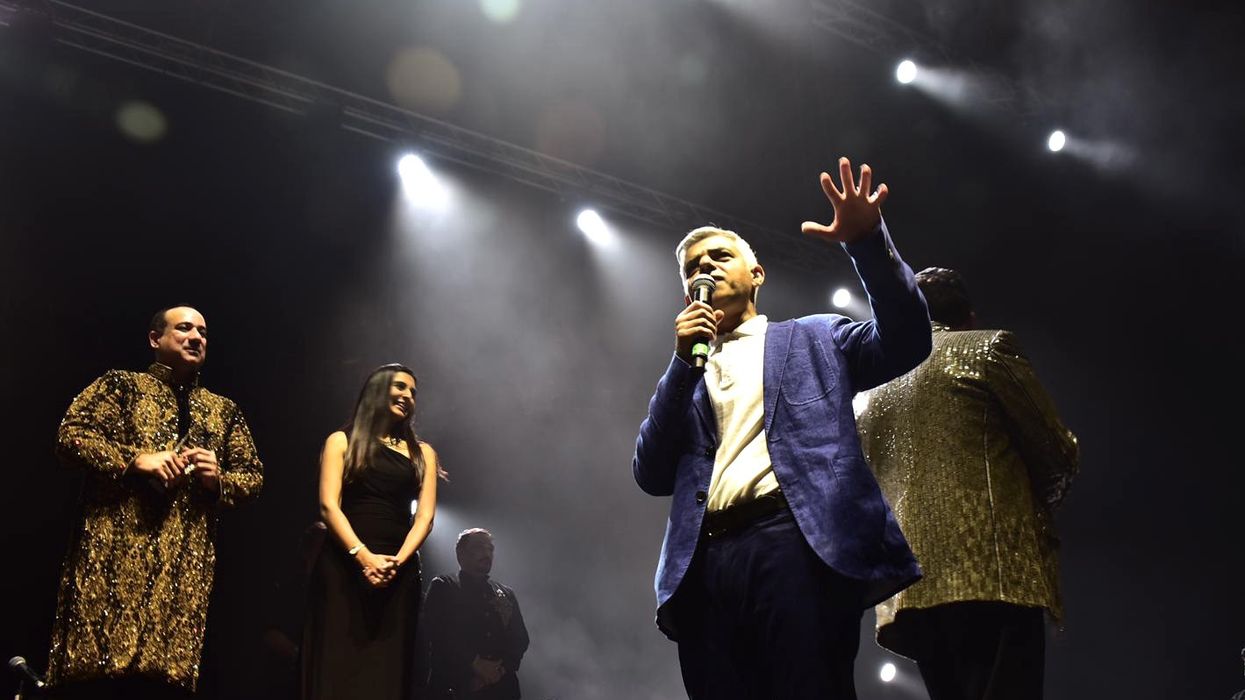LONDON mayor Sadiq Khan joined more than 8,000 people at the SSE Wembley Arena last Sunday (19) for a performance by Ustad Rahat Fateh Ali Khan.
The acclaimed Pakistani singer kicked off his The Legacy Tour in the UK, with the packed venue swaying to classic hits such as Teri Meri, Mere Rashke Qamar and the timeless Dam Mast Kalandar.
Khan joined the singer on stage during an interval of the three-hour show.
Addressing the crowd, Khan said, “The special thing about Rahat Fateh Ali Khan is he's played at the Nobel Peace Prize, he's performed for kings and queens, and he makes songs for Bollywood and Hollywood films, but he never forgets his fans in London.
“Tonight he has brought the community together again and given us another fantastic night to remember here at the SSE Wembley Arena. Thank you for showing the world that London is open.
“It is great to see the south Asian community in London coming out to enjoy live music again after what has been a very difficult past 18 months.
“London is the epicentre of multicultural entertainment and I was excited to welcome Rahat Fateh Ali Khan back to the city for this incredible concert, kicking off a season where some of the biggest artists from south Asia will be coming back to London to perform."
Also attending the concert were film director Gurinder Chadha, music producer Naughty Boy and Indian film director Shekhar Kapur.




